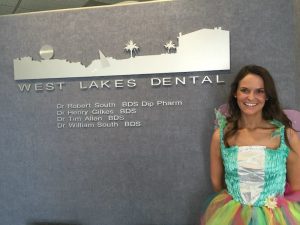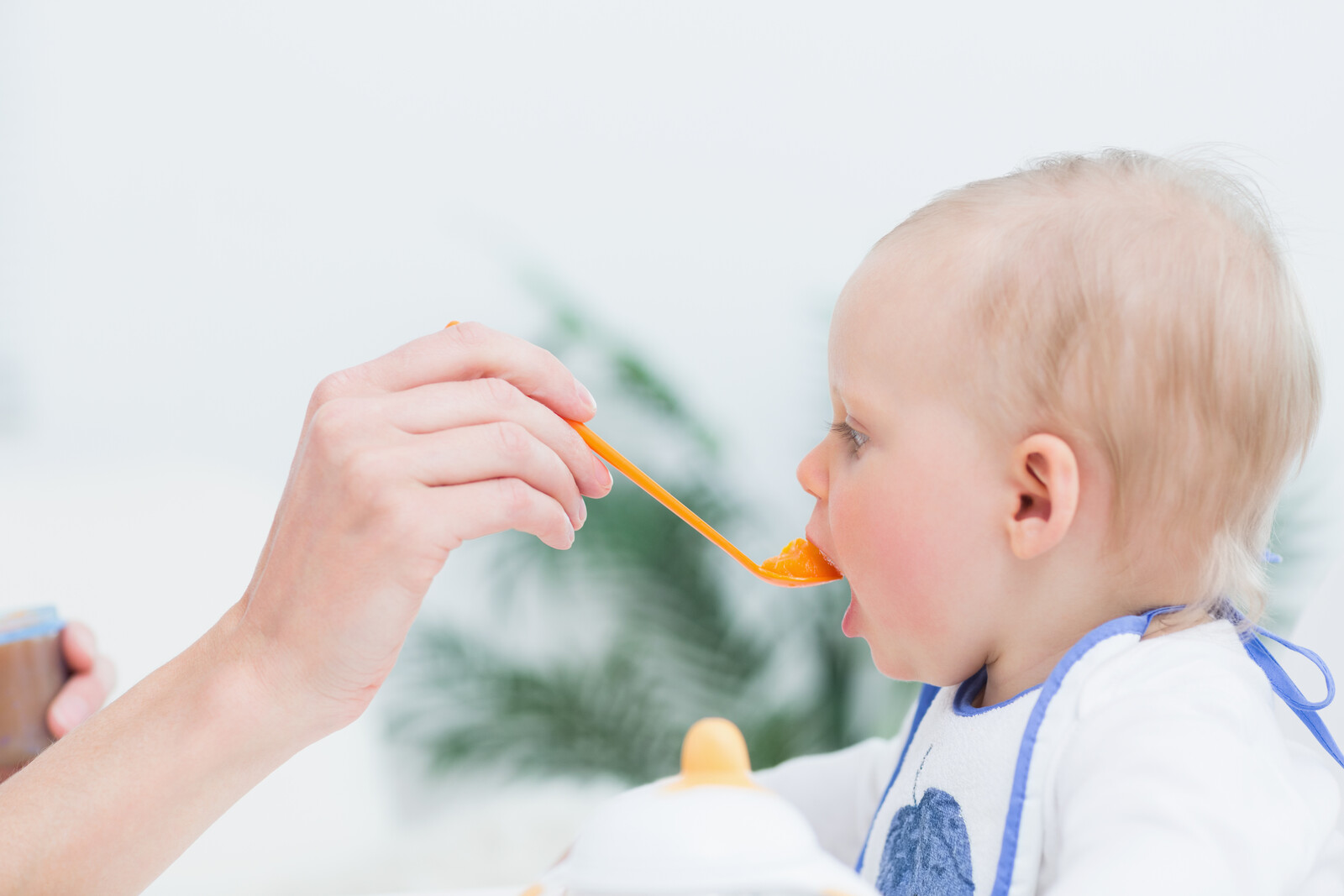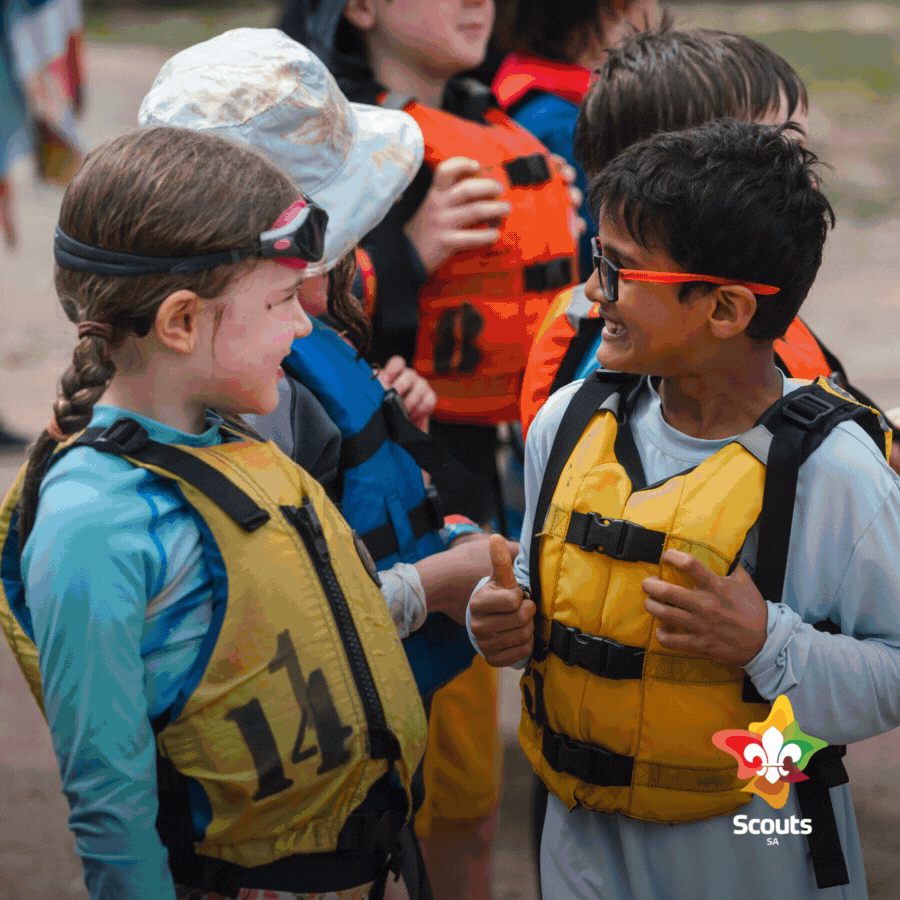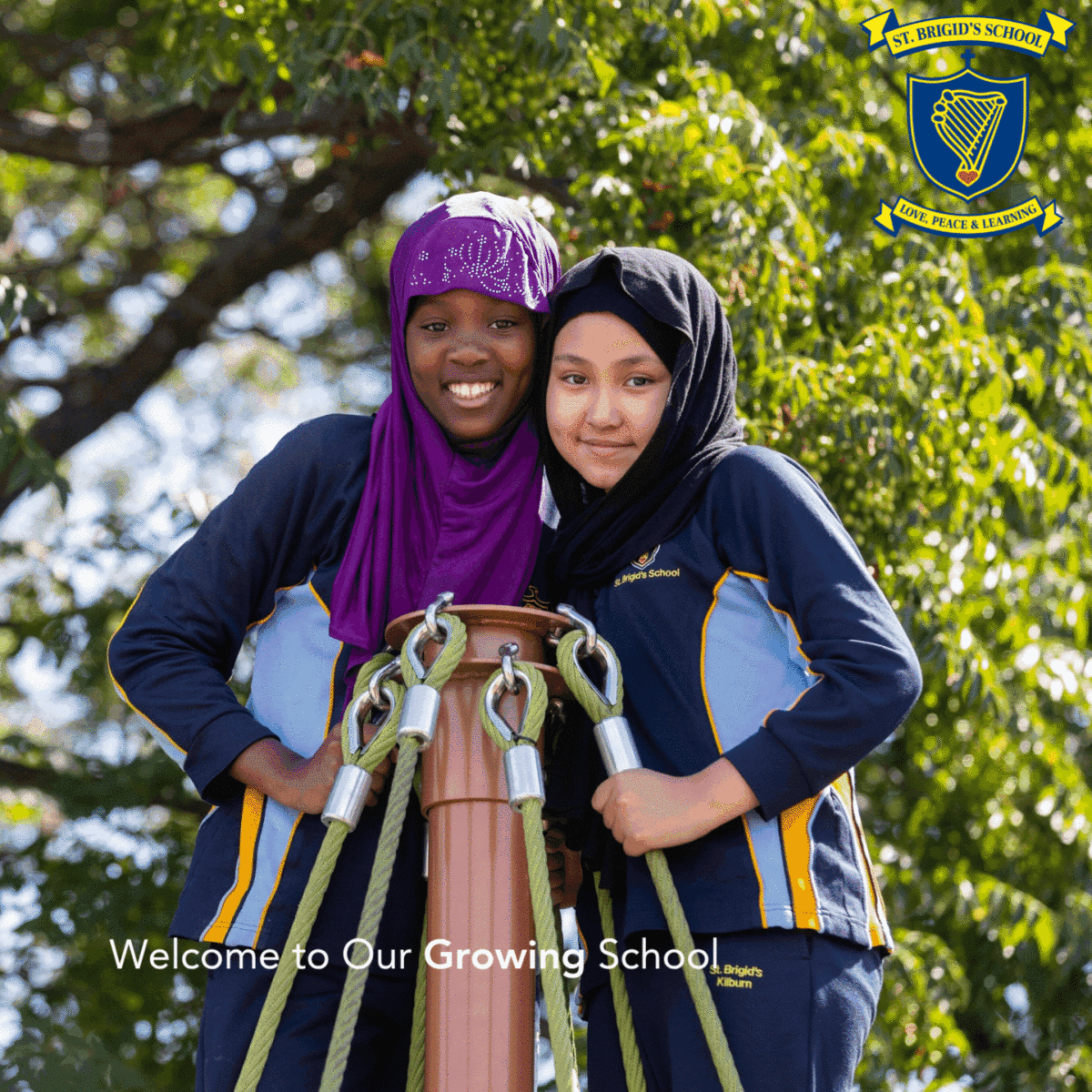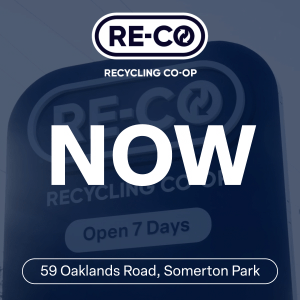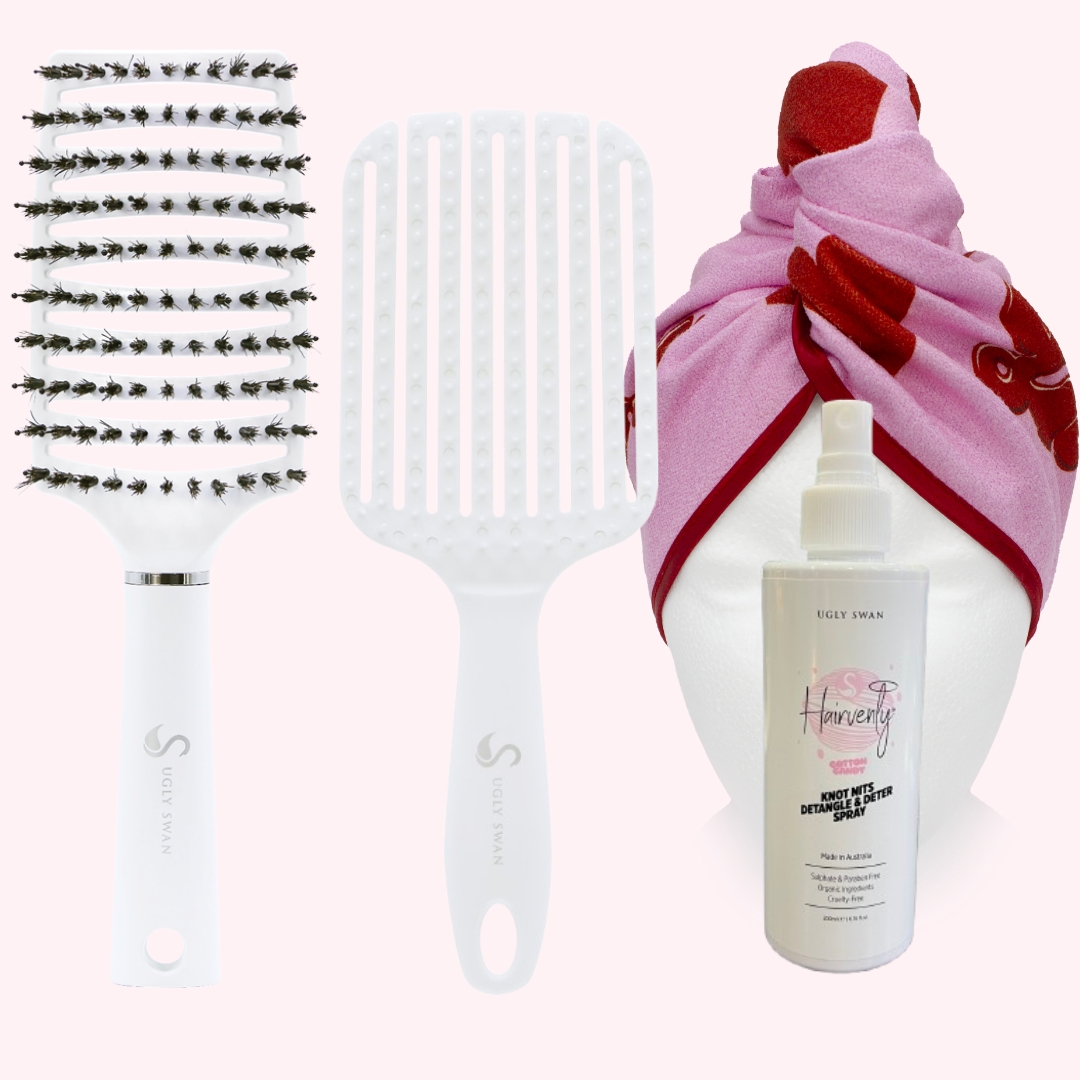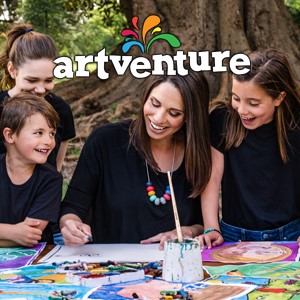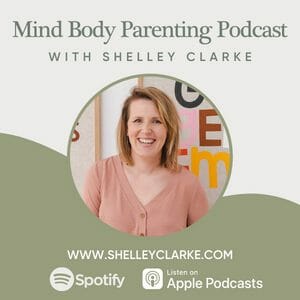Looking after your child’s teeth
We are pretty pedantic about dental health in our family, but even so, I still dread going to the dentist! For some reason, despite all my previous years of check ups without a single filling, I still worry that the dentist will tell me I need my jaw broken, that my front teeth need to come out, or something equally horrendous! Of course this doesn’t happen, but I did feel similarly anxious taking my 18 month old to the doctor for her first check up. She had visited the dentist with both myself and my husband before, but I still felt a bit worried that it could turn into tantrum-ville (which could potentially be worse than a filling!). Of course, dentists are highly trained professionals and have all the tricks of the trade to coax young patients up into the chair and to open their little mouths. Special, cute sunglasses, coloured water to sip, a free toothbrush and a sticker! Plus, my daughter’s favourite, the chance to push the button to make the chair go up and down!
We are pleased to be able to provide you with some great tips and reminders on ways to keep your child’s gums and teeth healthy. Thanks to our dentist friends Maddie and Lakshy from West Lakes Dental and Bath Street Dental Practice for their professional tips!
“….Tooth decay is currently the most common health problem within the Australian community. Decay has five times the prevalence of asthma among our children. While common, it is a preventable disease that can be simply avoided by establishing healthy oral hygiene and dietary habits….”
Top tips for babies and toddlers:
- Before baby teeth erupt clean the gums gently with soft and damp cloth.
- Start brushing teeth as soon as first baby teeth erupt. Use a very soft and small toothbrush. These are available at any chemist or supermarket.
- Parents should assist brushing for young children, and should still supervise brushing once their child is brushing teeth themselves.
- It’s very important to establish a brushing routine early, brush every morning and every evening. You can even brush after lunch before a nap if you think they’ve had a meal that is a bit high in sugar or acid.
- 0 to 2yrs: no toothpaste, wet toothbrush only
- 2 to 6yrs: children’s tooth paste (low fluoride). Encourage children to spit rather than swallow toothpaste (this can be difficult!).
- 6+ yrs: pea size amount of adult tooth paste (regular fluoride). Encourage children to spit but not rinse toothpaste after brushing.
- Start flossing as soon as gaps between baby teeth start to close.
- Do not put your child to sleep with a bottle of milk. Milk stays in the mouth and on the teeth, increasing the risk of tooth decay.
- Can use a timer to encourage children to brush teeth for appropriate time (two minutes).
- It can be easier to place a child on their bed on their back and brush that way as you can then see all of the teeth more easily.
- Water and plain milk are the best drinks for growing babies and toddlers.
- Food should be low in sugar and low in acid.
- Be wary of snacks that may appear healthy, but are actually very high in sugar (e.g. museli bars, dried fruits).
- Avoid frequent snacking, and follow food with plain water.
- Juices, cordial, flavoured milks, fizzy drinks, can all contribute to increased risk of decay. It’s best to only allow these as occasional treats.
- Drink juices, cordials etc. through straw then follow with water.
- Cups can be used from 6 months.
Dummies / thumb sucking / mouth guards / dental visits:
- Avoid putting child’s dummy in your own mouth as this can cause transfer of bacteria.
- Do not put sweet things on dummy.
- Prolonged thumb sucking can misalign permanent teeth. Gently encourage child to stop by age 6. If you have any concerns about prolonged thumb sucking speak to you dentist.
- Mouthguards are recommended for children playing sports. Custom made mouthguards offer much more protection than chemist mouthguards, which can often be ill-fitting.
- First dental visit from 12 months (earlier if you have any concerns). It helps to bring your child early to encourage familiarity with the dentist and dental setting. Can bring them to your own checkup/older sibling’s checkup to allow them to watch.
Maddie is an Oral Health Therapist at West Lakes Dental, with a special interest in children’s dental health. She is also a tooth fairy (see photo below).
P: 8356 0722
E: info@westlakesdental.com.au
151 Brebner Drive, West Lakes
Lakshy is a dentist at Bath Street Dental Practice. She is a general dentist with special interest in children’s dentistry and has previously worked at the Women’s and Children’s Hospital. Lakshy has also been a tooth fairy, but unfortunately we were unable to find photographic evidence. But we won’t stop looking!
P: 8295 3158
E: bathstdent@adam.com.au
19 Bath Street, Glenelg South
